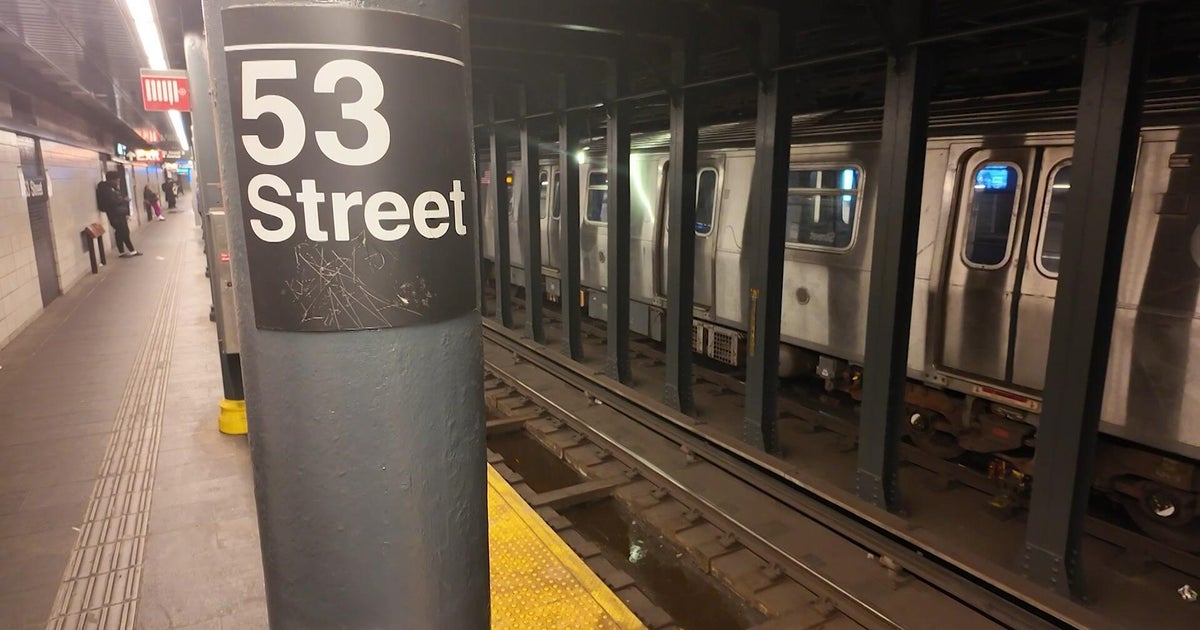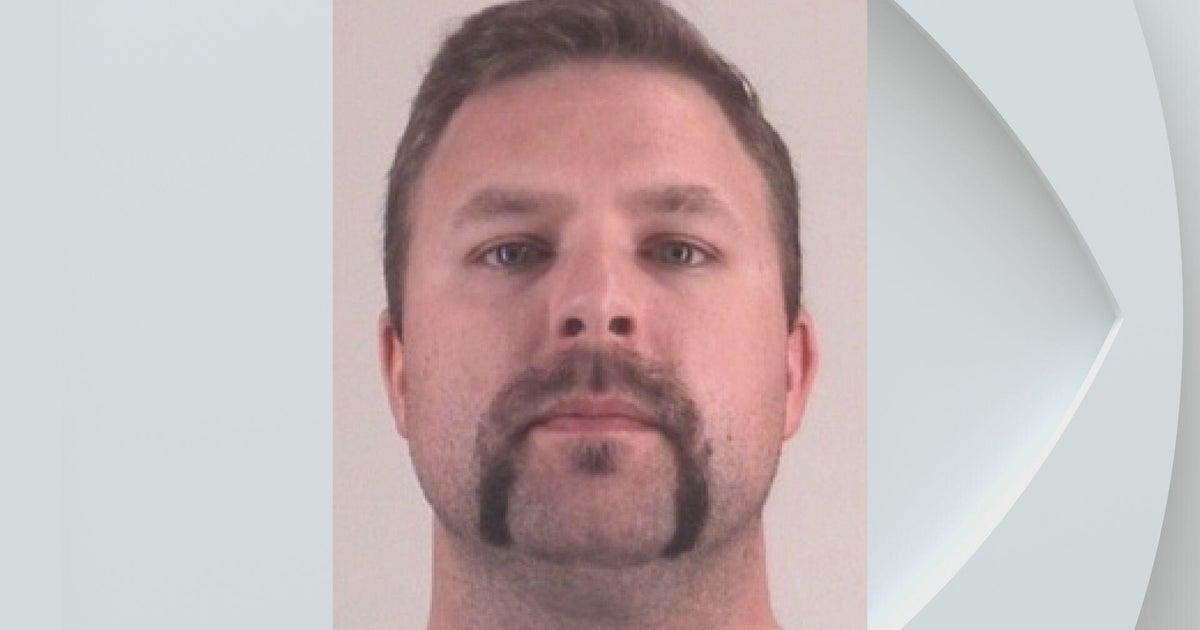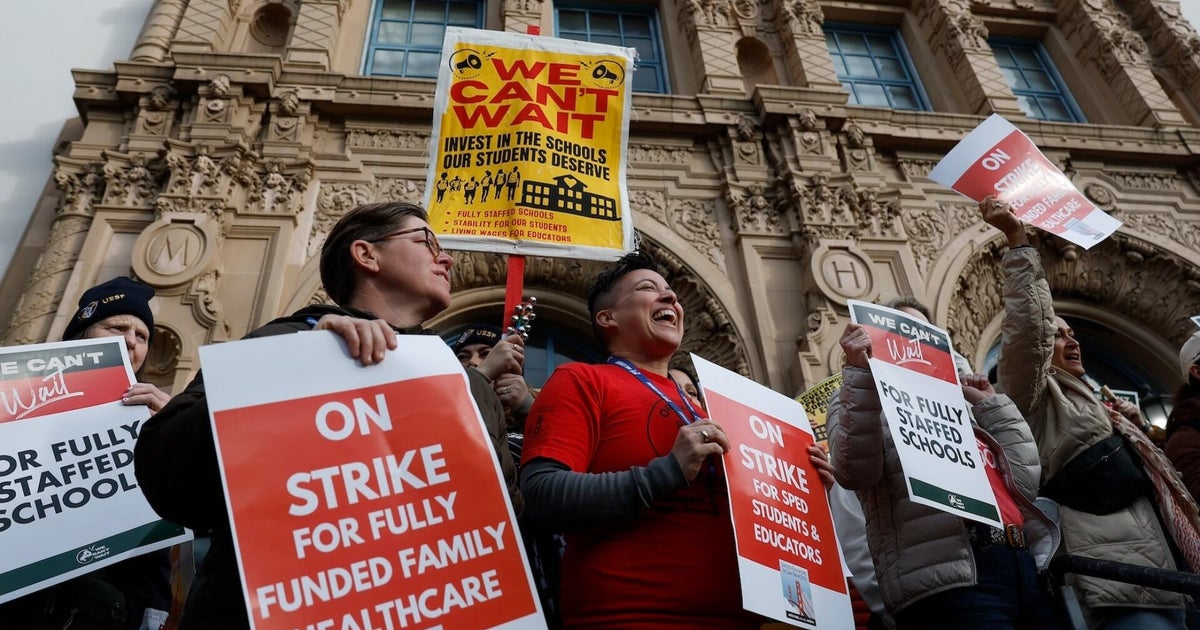Heart Attack Signs and Symptoms
Every 43 seconds someone is struck by a heart attack. During a heart attack, the arteries carrying blood flow to the heart are severely reduced or cut off by fat buildup, as well as cholesterol and other substances.
Patients who think they may be at risk of a heart attack should first consult with their primary care physician to understand their risks. By regularly visiting your primary healthcare team, avoiding or quitting smoking, and exercising, the risk of a heart attack is greatly reduced.
The symptoms of a heart attack can vary between patients. In fact, where men may experience chest pain during a heart attack, women may experience a heart attack with no chest pressure at all. Women are also more susceptible than men to experience some of the other common symptoms, specifically shortness of breath, nausea/vomiting and back or jaw pain.
Dr. Ralph Levy is the Chief of Adult Cardiac Medical Services at Memorial Cardiac and Vascular Institute. "Patients have to be aware that symptoms can be very atypical, but if they are at risk, they need to come to the emergency room."
Symptoms to look out for include:
- Chest tightness
- Arm or shoulder pain
- Jaw pain or neck aches
- Indigestion
- Back pain
- Shortness of breath
- Profound and/or chronic fatigue
The team of heart specialists at Memorial Cardiac and Vascular Institute have the expertise needed to treat patients experiencing a heart attack.
The Code Heart Teams at Memorial Regional Hospital and Memorial Hospital West are available 24 hours a day, seven days a week to offer heart attack patients emergency treatment for a more positive outcome. Treatment is provided in 90 minutes or less.
To restore the normal blood flow, Memorial's interventional cardiologists use an innovative, minimally invasive technique called radial artery stenting where they go through the patient's wrist rather than the groin for a safer and more comfortable recovery. It also carries fewer risks and the recovery time is quicker.
Memorial Cardiac and Vascular Institute handles all follow-up care from preventative heart screenings to diagnosis and treatment for nearly any heart condition. Even after the emergency has passed, patients can continue to seek heart and vascular care from Memorial.
If you or a loved one is experiences any symptoms of a heart attack, do not ignore it, call 9-1-1 immediately. CLICK HERE for more information.
Content provided by Memorial Healthcare System







